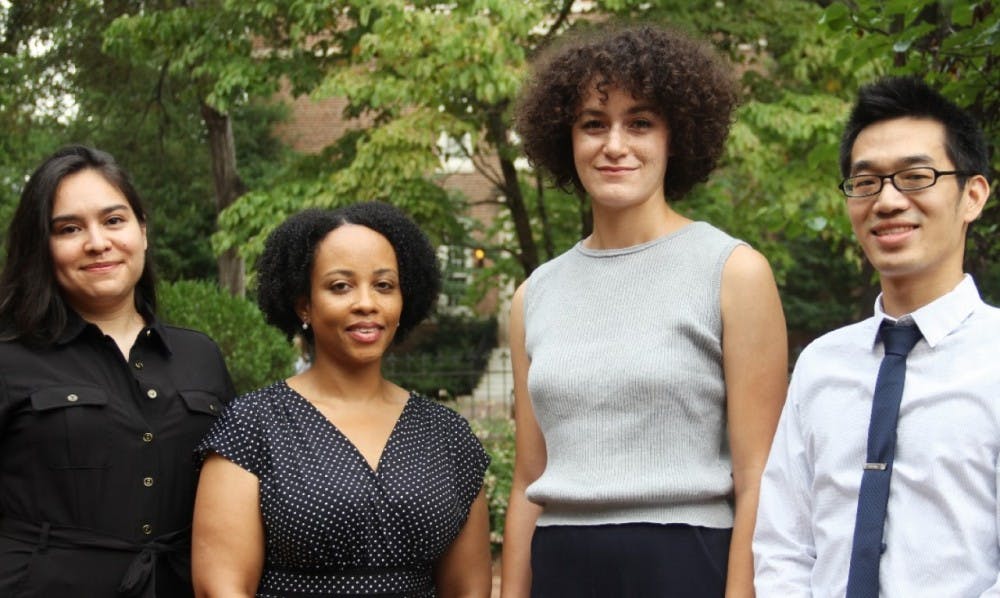Despite numerous praises that UNC’s diversity is remarkable and deserving of awards, such as the Higher Education Excellence in Diversity Award from “INSIGHT into Diversity," its faculty is still over 75 percent white.
For the total population of 9,021 faculty members, 16.8 percent report being nonwhite, while 7.4 percent do not disclose their race.
Across departments, these numbers waver greatly. At Kenan-Flagler Business School, Professor Larry Chavis is one of two underrepresented minority faculty members. Chavis is a member of the Lumbee Tribe Of North Carolina and the director of American Indian Center.
“There’s me and one African-American professor out of well over 100 faculty. In the business school, it seems rather dire,” Chavis said. “It’s often quoted that it’s a pipeline project and that we’d hire more if we could find them, but I don’t think that’s exactly true. A lot of hiring comes through our own individual’s networks and what kind of research are we interested in. We are not tapping into those research areas that will have more minorities, like research on diversity.”
At the Carolina Postdoctoral Program for Faculty Diversity, director Sibby Anderson Thompkins is working to prepare underrepresented minorities for faculty positions and tenure possibilities across disciplines. CPPFD is one of few programs nationwide focused on supporting minority PhDs.
“Many programs around the country have used us as a model for upstream recruitment and we serve as a model for how to transition postdocs effectively to faculty,” Thompkins said. “Carolina is definitely a feeder for many institutions, and we have a lot of schools that reach out and ask about our scholars.”
Upstream recruitment works to identify potential candidates early and develop relationships between faculty and candidates in order to provide prospective employment opportunities after the two-year fellowship is completed. Although the program is based at UNC, alumni of the program can be found teaching at Yale University, Duke University, the University of Michigan and other accredited universities.
Although program alumni have scattered to 46 universities nationwide, Thompkins is pushing to keep postdocs within the program at UNC. Despite the traditional assumption that postdocs continue their research at other universities, Thompkins encourages UNC departments to keep hiring pathways clear for postdocs within CPPFD so they are aware of the opportunities to continue research at UNC.
“Nationally, we’re starting to have conversations about leveraging the postdocs and retaining the talent we are developing,” Thompkins said. “Once a postdoc has been here two or three years, faculty know them, departments know them and they’re in a good place in their research. So instead of starting over somewhere else, they can hit the ground running because they already have been acclimated to the setting and they can achieve more in a shorter period of time.”



